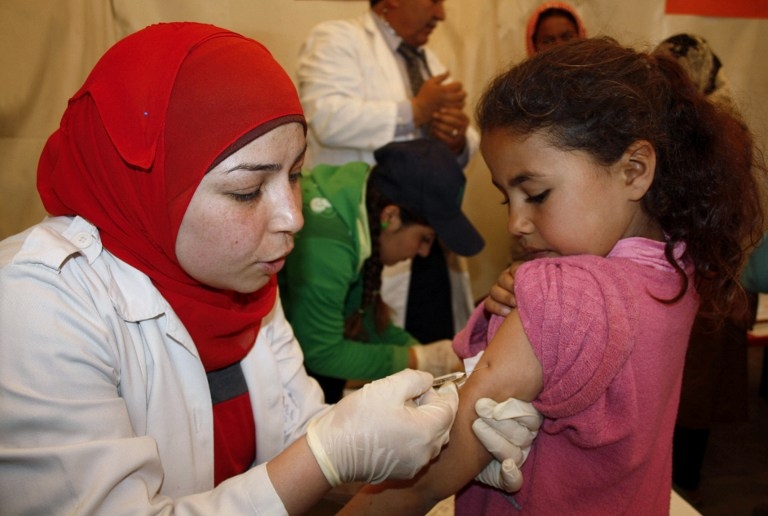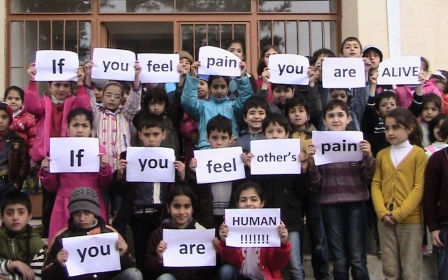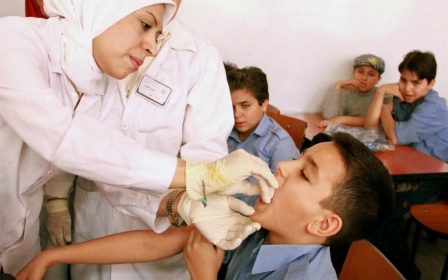WHO: Poliovirus an international public emergency

Director-General of the Emergency Committee convened under the International Health Regulations (IHR) declared on 5 May that the international spread of wild poliovirus in 2014 is a Public Health Emergency of International Concern (PHEIC).
The World Health Organisations issued a statement after members of the Emergency Committee and expert advisors met on 28 & 29 April in Geneva to discuss the progress of stopping polioviruses in 2014, advising that the international spread of polio constitutes an ‘extraordinary event’ and a public health risk.
Representatives from affected states including Afghanistan, Cameroon, Equatorial Guinea, Ethiopia, Israel, Nigeria, Pakistan, Somalia and Syria were among the attendees. Among the regions affected in the 2014 spread of poliovirus has been the Middle East, specifically from Syria to Iraq.
The current situation stands as a stark contrast to the near cessation of poliovirus from January 2012 to mid-2013.
The WHO said that if unchecked, this situation could result in failure to globally eradicate one of the world’s most serious vaccine preventable diseases. The organisation deemed a coordinated international response essential with the onset of the high transmission season in May/June 2014.
New MEE newsletter: Jerusalem Dispatch
Sign up to get the latest insights and analysis on Israel-Palestine, alongside Turkey Unpacked and other MEE newsletters
States currently exporting poliovirus include Syria, Pakistan and Cameroon. Others in the region currently infected but not exporting are Iraq and Israel.
The Director-General of the committee requested a reassessment of the situation in three months.
In April, Syria’s polio outbreak officially spread to Iraq, as the first case was announced 7 April. Global health officials warned that tens of vulnerable Iraqi children would be potentially infected.
The spread of the poliovirus to Iraq ignited debate about the effectiveness and appropriateness of the international aid community's response to the outbreak, particularly from the World Health Organisation (WHO).
Allegations were made against the WHO including that it had blocked vaccination efforts in Syria, had obstructed the testing of polio samples and misled the international community on the number of polio cases in Syria.
Middle East Eye delivers independent and unrivalled coverage and analysis of the Middle East, North Africa and beyond. To learn more about republishing this content and the associated fees, please fill out this form. More about MEE can be found here.



